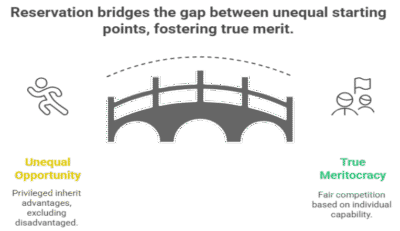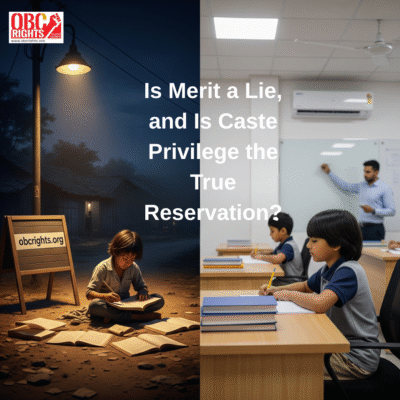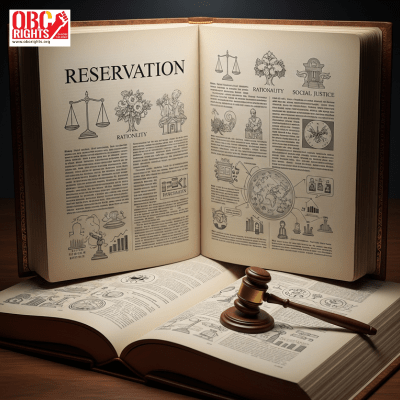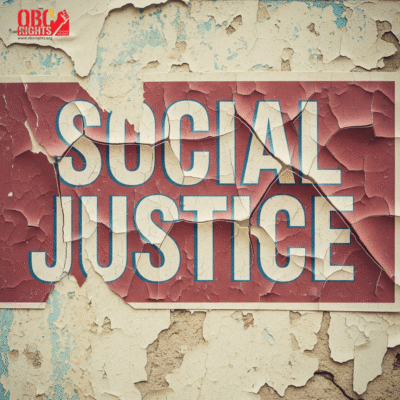Whenever the debate on reservations surfaces, the word merit gets thrown around as a weapon against marginalized communities. But rarely do we pause to ask: what exactly is “merit”? Can it be measured in isolation, without considering centuries of exclusion and privilege that shaped someone’s journey? Occupying top places decades before others could not compete to such positions.
The uncomfortable truth is that what society often celebrates as merit is nothing more than privilege inherited over generations. This leads us to a difficult but important question: Is merit really a myth, and has caste privilege always been the real reservation? Giving a restricted priority to those who were deprived of education and government jobs for centuries, never be interpreted as those who are in are efficient and now competing in higher studies and jobs are inefficient.
What Do We Mean by “Merit”?
People often think of merit as being smart, talented, or hardworking. But is it fair to treat merit as if it develops in a vacuum?
Consider two children:
- One grows up in a privileged caste household with access to good schools, private tutors, educated / knowledgeable surroundings/peer groups, and supportive networks.
- Another belongs to a backward-caste family with poor schools, no access to coaching, no guidance, working / labor, and surroundings often with less education and suffering social discrimination.
If both sit for the same exam, their scores don’t just reflect individual ability—they reveal the uneven ground they started on. Merit, therefore, is not simply about effort. It is deeply shaped by opportunities—facilitations where as the other side, through equal efforts or more than but has to overcome the aforedetailed inherent barriers.

Caste Privilege: The Silent Head Start
Caste privilege is like a hidden reservation that nobody admits to. Wealth, good education, English skills, and strong social connections are passed down in some families, making success look natural. Those who benefit from it pretend it does not exist, while those who are oppressed cannot escape it.
For centuries, upper castes had control over land, temples, schools, and government jobs, while others were kept out. This gave them a permanent advantage that still continues today. Even now, the best schools, top colleges, and powerful circles are mostly filled with the privileged.
What we call “merit” is usually just the result of this head start. Meanwhile, Dalits, Adivasis, and OBCs are still struggling to enter spaces that were denied to them for generations.
For an easy and simple Comparison:
A child from an advanced community just knows or is guided by his/her parents on which easy, better, and best route he/she can reach a destination. But a child from a backward community has to face every barrier, search and find a way/route to reach the destination.
Who Really Benefits from the System?
Critics of reservations often claim that it disadvantage hardworking students from the general category. But this ignores the structural truth: upper castes have already enjoyed centuries of advantage. Even today, despite decades of affirmative action, OBCs, Dalits, and Adivasis remain underrepresented in universities, bureaucracy, and corporate boardrooms. A handful number of OBC Students and faculty members in Central Educational Institution provide how they are disadvantaged.
Merit, as it is popularly understood, is not neutral—it reflects access. A student who can afford coaching for years is not “naturally brighter” than one who studies under a streetlamp. Yet, the privileged enjoy smooth entry into elite spaces, while marginalized groups must fight barriers at every stage.
Why Reservation Matters
True merit cannot be measured without considering the starting point of each individual. Reservation attempts to reduce this unfair distance, not by giving charity but by restoring balance. Without it, the privileged will continue to inherit advantages, while the disadvantaged will remain trapped in cycles of exclusion.
Think of it this way: if two runners are in a race, but one starts 100 meters ahead, is it fair to say the other is “less capable” when they lose? Reservation narrows this unfair gap.

Conclusion: A Call to Question “Merit”
The idea of neutral “merit” is misleading. Caste privilege has always been the biggest push/facilitation in India, giving some communities an enormous head start while locking others out.
Reservation doesn’t destroy merit—it ensures competition is genuinely fair. If we hide behind the myth of merit, inequality will continue to survive unchallenged. Reservation gives only a restricted priority and not unrestricted charity.
The real challenge before us is to keep questioning: Who decides what merit is? Whose privilege is being protected? And most importantly, are we ready to dismantle the invisible reservation of caste privilege?
Reservation never snatched/ stopped the path of Advanced Communities. They are always given a clear path to show their efficiency/ability and occupy open/general quota seats.



